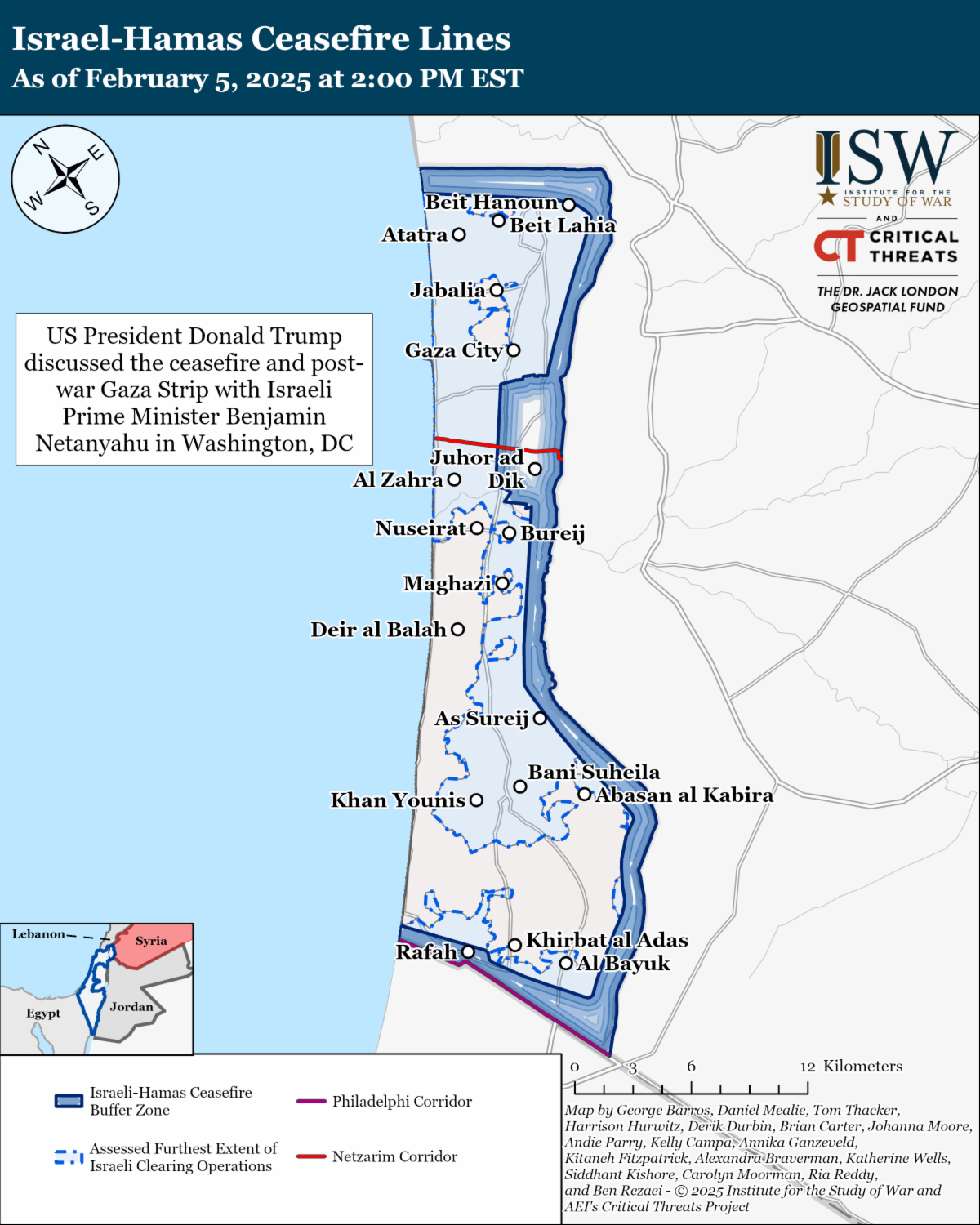Iran is downplaying the significance of US “maximum pressure” sanctions while signaling some openness to nuclear negotiations with the West. Iranian Foreign Affairs Minister Abbas Araghchi said that the maximum pressure policy is a “failed experiment” in response to US President Donald Trump’s announcing on February 4 his intent to re-enforce extensive sanctions on Iran. Senior Iranian officials separately expressed willingness to engage in nuclear negotiations, emphasizing the Iranian policy against building and using nuclear weapons. Atomic Energy Organization of Iran Director Mohammad Eslami similarly said that Iran has no plans to develop nuclear weapons. An unspecified senior Iranian official told Reuters on February 5 that Iran is ready to give the United States a chance to resolve disputes. Iranian Supreme Leader Ali Khamenei ultimately will decide whether Iran negotiates with the West or tries to build a nuclear weapon, however. Trump said on February 5 that he would like to pursue a “verified nuclear peace agreement” with Iran “immediately.” Reuters reported on February 5 that Trump ordered his administration to work with allies to "complete the snapback of international sanctions and restrictions on Iran,” likely referring to discussions with the E3 (the United Kingdom, France, and Germany) to trigger snapback sanctions on Iran. The Joint Comprehensive Plan of Action (JCPOA) snapback mechanism allows signatories to reimpose UN Security Council sanctions on Iran in the event of “significant non-performance by Iran of JCPOA commitments.” The E3 previously stated that it is prepared to impose snapback sanctions on Iran. The E3 has until October 2025 to do so.
US President Donald Trump hosted Israeli Prime Minister Benjamin Netanyahu in Washington, DC, on February 4 in order to discuss Iran, Israeli–Saudi normalization, and the ceasefire in the Gaza Strip. Trump later said in a joint press conference that the United States would “take over” and “own” the Gaza Strip and rebuild it. Trump added that the United States will clear destroyed infrastructure and remove unexploded ordinance. Trump also suggested that Egypt and Jordan could accept Palestinian refugees, despite the two countries previously rejecting the possibility.
Key Takeaways:
- Iran: Senior Iranian officials are downplaying the significance of US “maximum pressure” sanctions while signaling some openness to nuclear negotiations with the West.
- Syria: The United States is drafting plans to withdraw its forces from Syria, which ISIS would exploit to resurge in Syria.
- Iraq: Iraqi Sunni political parties are increasingly vocalizing long-held demands ahead of the Iraqi parliamentary elections in October 2025.
- Gaza Strip: US President Donald Trump hosted Israeli Prime Minister Benjamin Netanyahu in Washington, DC, in order to discuss Iran, the Gaza Strip, and Israeli-Saudi normalization.
| 




 [ISW] 러시아의 공세 캠페인 평가, 2025년 2월 6일
[ISW] 러시아의 공세 캠페인 평가, 2025년 2월 6일
 [ISW] 이란 업데이트, 2025년 2월 4일
[ISW] 이란 업데이트, 2025년 2월 4일